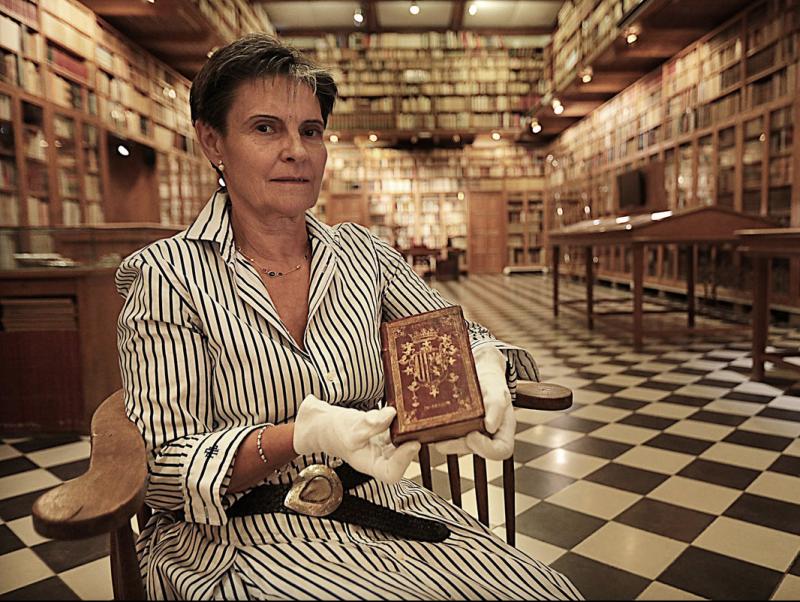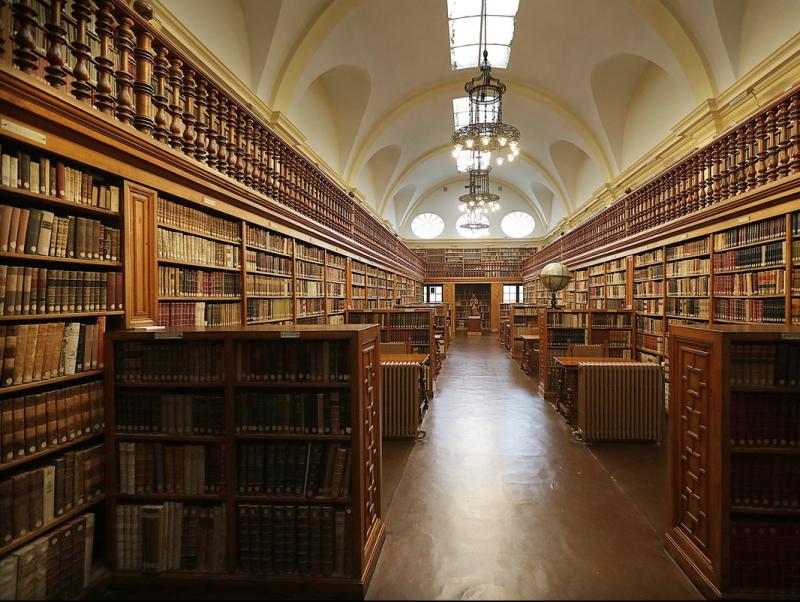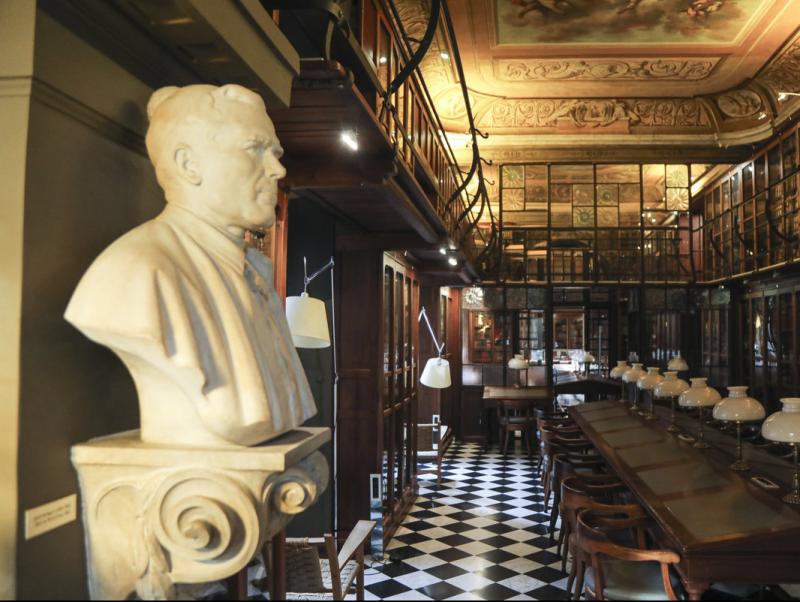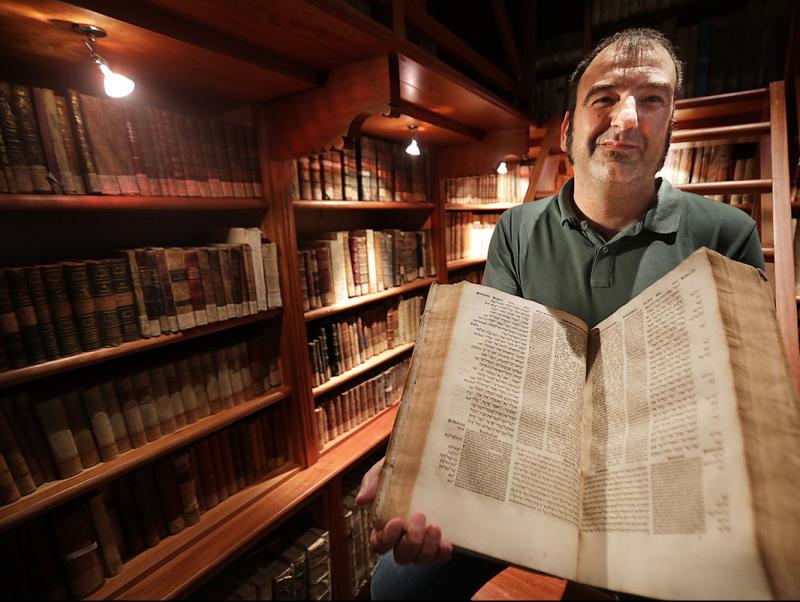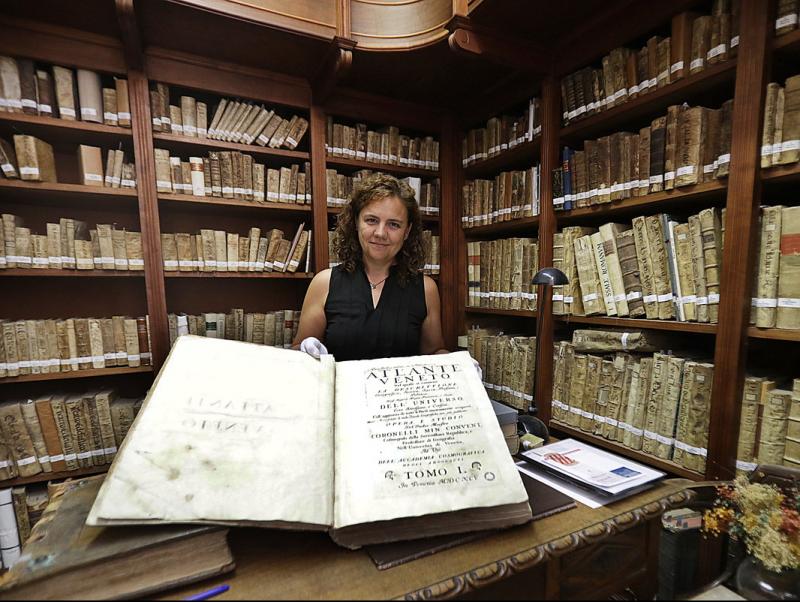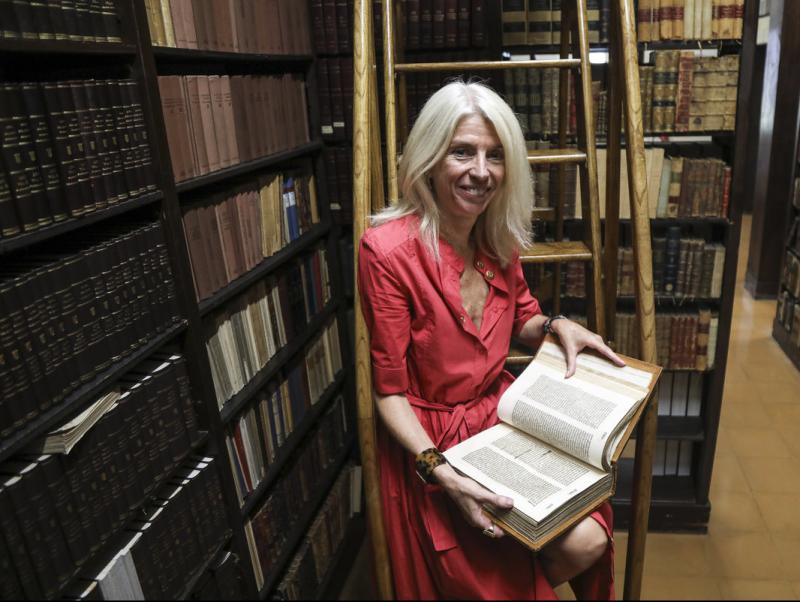Temples of the book
We take a tour of six of the most illustrious private libraries in the country, all of which have a long history and conserve an exceptional bibliographical heritage
Jorge Luis Borges wrote: “I always imagined that paradise would be some kind of library.” The poet imagined heaven as an oasis of peace in which the enjoyment of books could transport the reader to another dimension. Catalonia boasts a number of paradises like that imagined by Borges, such as the Library of Catalonia, where it is easy to lose track of time in its huge Gothic rooms, or the Arús Library, an institution born of working-class culture and the legacy left by the journalist and playwright Rossend Arús, or even the relatively new library dedicated to Gabriel García Márquez, which was recently recognised as the world’s best public library. They are institutions that in recent years have made a major leap forward in terms of the range of services they offer and that go far beyond simply preserving books on shelves. Public libraries are to be found in every corner of the country, but there are also some that are privately owned, perhaps less well-known and less accessible, but which have long (and often turbulent) histories linked to the struggle to preserve the country’s bibliographic heritage while also conserving items and collections of great historical value.
Some of these book temples were built thanks to the efforts of organisations like the Reus Reading Centre (1859) or the University of Barcelona (1872) and they have become landmark institutions with a vocation for public service. Others are part of the Church’s contribution to the country’s culture, such as the Library of Montserrat and the Seminary of Tarragona’s library. Some are the legacy left by eminent collectors, such as Peralada Castle’s library, which became the life’s work of businessman and politician Miquel Mateu and which houses the world’s most important Cervantes collection. It is also worth highlighting the Library of the Bar Association, which boasts almost two centuries of history and which is a global point of reference on legal topics.
When talking about these institutions, it is not only their collections that deserve attention but also the buildings that house them, such as the Library of the Ateneu Barcelonès, whose modernist architecture by Josep Maria Jujol is genuinely stunning.
Some of these libraries have been desecrated on several occasions, victims of intolerance and fanaticism, especially at the time of the Spanish Civil War. Such is the case of the Ateneu Barcelonès, whose library was purged in 1939 after the Francoist victory, meaning that more than 15,000 volumes were kept from the public for the next four decades. As for the Reus Reading Centre, it remained closed until 1948, when public pressure forced its reopening. However, the Library of Montserrat managed to save its bibliographic heritage thanks to the intervention of the Catalan government. The Library of the Bar Association managed to survive the revolutionary fervour, in part because the lawyers it represented were from across the ideological spectrum and the Francoist police were never allowed to enter.
In this report, we invite you to visit six of these libraries and learn about their treasures from the librarians who curate them.
feature Culture and heritage





